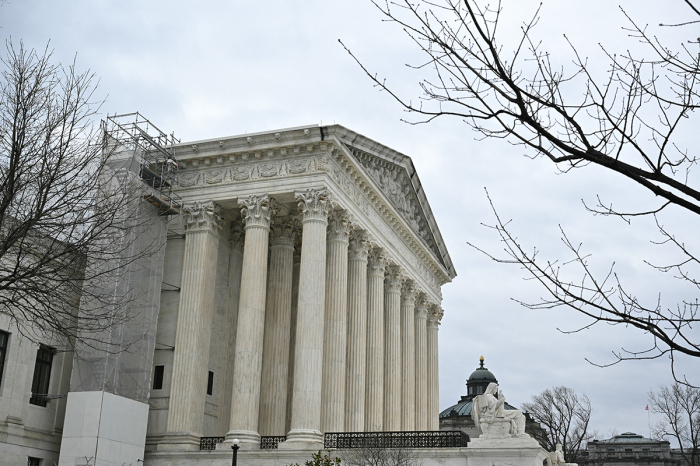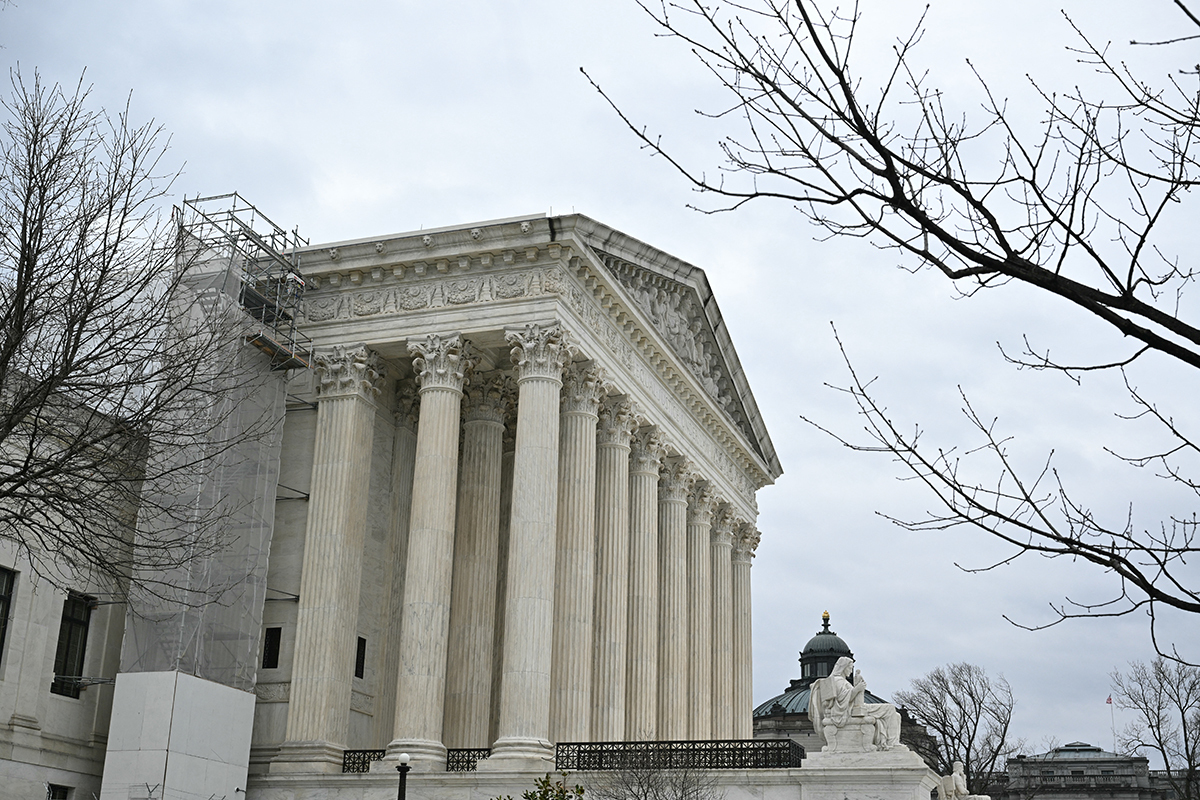
The U.S. Supreme Court will allow a Wisconsin school district policy requiring teachers to hide the preferred gender identity of a trans-identified student from their parents to remain in effect.
In an orders list released Monday morning, the high court declined without comment to hear oral arguments in the case of Parents Protecting Our Children, UA v. Eau Claire Area School District.
The denial of appeal allows for a lower court decision in favor of the school district to remain in place that ruled that the parents’ group lacked standing, thus upholding a guidance on “gender identity support” for students to be implemented.
Supreme Court Justice Samuel Alito, along with Justice Clarence Thomas, dissented against the denial of certiorari in comments included in the orders list, arguing that the relevant topics of the case warranted review.
“This case presents a question of great and growing national importance: whether a public school district violates parents’ ‘fundamental constitutional right to make decisions concerning the rearing of’ their children … when, without parental knowledge or consent, it encourages a student to transition to a new gender or assists in that process,” wrote Alito.
“I am concerned that some federal courts are succumbing to the temptation to use the doctrine of Article III standing as a way of avoiding some particularly contentious constitutional questions.”
In 2021, the Eau Claire Area School District issued a document known as “Administrative Guidance for Gender Identity Support,” which sought to expand inclusion for trans-identified students.
This led to the school district later adopting a “Gender Support Plan” template that, among other things, allowed for school officials to exclude parents from any possible gender transition efforts on the student.
In September 2022, a group of local parents filed a complaint against the school district in the U.S. District Court for the Western District of Wisconsin under the unincorporated association Parents Protecting Our Children.
“ECASD requires a school and its staff to hold secret meetings with children to develop a ‘Student Gender Support Plan.’ At the same time, when interacting with the child’s parents, the Gender Identity Policy requires school officials, teachers, and administrators to continue using the child’s actual name and pronouns so the parents will not be alerted to the changes the school has made,” reads the complaint.
“The obvious purpose of such secrecy is to prevent parents from making critical decisions for their own minor children, from interfering with the school’s ideologically-driven activities, from caring for their children, or from freely practicing their religion. … The insidious invasion of parental rights at issue in this case cannot be tolerated by a free people who value liberty.”
Eau Claire Area School District Board of Education President Tim Nordin has defended the support program in comments to Wisconsin Public Radio in 2022 as necessary to help marginalized students.
“And for some students, in some situations, we have to understand the context of that and know that if they’re not safe and they trust an adult at the school, that might be the only adult that they have to trust in their lives,” said Nordin. “And that’s important to keeping children safe.”
In March, the 7th U.S. Circuit Court of Appeals ruled against the parents, upholding a lower court decision from last year siding with the school district and its support program.
The appeals court concluded in part that since the policy has not directly impacted any of the parents suing the school district as of the present, they lack the standing to lodge the complaint.
“No doubt Parents Protecting’s allegations punch with conviction and concern. But nowhere does the complaint allege that even one of the association’s members — any particular parent — has experienced an actual or imminent injury attributable to the Administrative Guidance or a Support Plan,” read the appeals court opinion.
“Parents Protecting’s expressions of worry and concern do not suffice to show that any parent has experienced actual injury or faces any imminent harm attributable to the Administrative Guidance or a Gender Support Plan. Maybe that day will come for a member parent. Maybe not. All we can say with certainty today is that Parents Protecting’s allegations fall short of establishing a Case or Controversy.”








